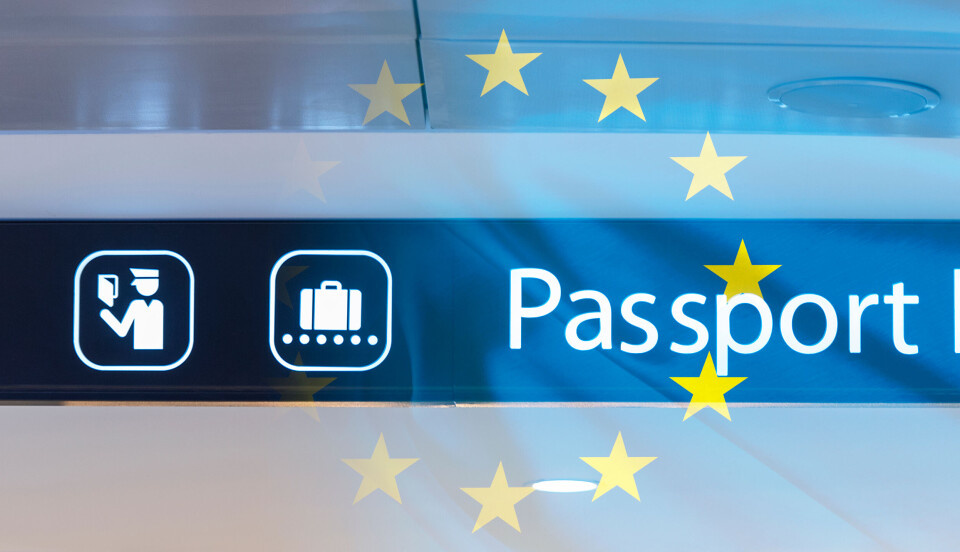-
Mysterious boom rattles residents in south-west France
Local community turns to social media for answers
-
France tightens reimbursement rules for flight delays or cancellations
New measures include mandatory mediation and new claim procedures
-
What snow conditions look like for skiers across French Alps and Pyrenees
Ski resorts are expected to get busier as school holidays begin this weekend
59 countries affected by new EU visa-free scheme, launch date awaited
All visa-waiver countries will be subject to a €7 fee authorisation

Citizens of 59 countries will be affected by the forthcoming Etias visa-waiver system, including the UK, much of North and South America and as parts of Asia.
The Etias system will see those who do not require a visa for a short-stay (up to 90 days) within the Schengen area required to apply for authorisation before entering the bloc.
The implementation of Etias means the travel plans of the roughly 30 million annual travellers (as estimated by the EU) from these visa-free countries will be affected after its rollout, although the EU says the system will be straightforward for most applicants.
Both Etias and the linked EES (Entry/Exit System) programme have faced several delays, and their launch dates are still yet to be confirmed by the EU.
Who is affected?
Only citizens of countries that currently have visa-free access to short stays in the EU will be affected by the change.
People of nationalities who already require a visa to visit the EU for any duration of time will not be affected by Etias.
Nor will EU/EEA/Swiss citizens.
Non-EU nationals who already hold a visa or residency card for France or an EU country, including Britons with Withdrawal Agreement residency cards, will also not be affected.
Countries that have visa-free access to the EU for short stays include, for example, the US, Canada, the UK, Australia, and New Zealand.
Alongside these anglophone countries, a number of major Asian (Japan, South Korea, Malaysia) and South American countries (Brazil, Argentina, Uruguay, Colombia) also have visa-free access, along with many Caribbean countries.
Several European countries not in the EU (Ukraine, Serbia, Albania…) also have visa-free access for short stays in the bloc.
A full list of countries affected can be viewed on the official Etias website
The website lists 59 countries whose citizens will require an Etias visa-waiver when the system rolls out.
Those who need to apply for the Etias visa-waiver will not be required to hand over any biometric details when completing the form, but will need to give basic personal information and travel plans.
The waiver must be applied for before travelling to the EU and in most cases will take around 10 minutes to complete with authorisation being given directly afterwards.
You can read our article below for a full list of the information that is expected to be required during the application process.
Read more: What details will have to be given for EU’s Etias visa waiver scheme?
Launch date still to be announced
The official launch of the Etias visa-waiver scheme is still yet to be announced, after a handful of delays have resulted in numerous pushbacks on the rollout date.
Two chief concerns are how the system may impact the 2024 Olympics set to be held in Paris, and how it will work in tandem with the EES, a digital border system also set to come into force.
EES is meant to launch six months in advance of Etias as the two systems are closely related although it has been suggested whether Etias could be rolled out independently of the EES.
More clarity on the timeline is expected at the EU’s next Justice and Home Affairs Council meeting in October.
Related articles:
Has a start date been set for the EU's new digital border system?
France visits: In what situations can I break EU’s 90/180-day rule?
France residents: If I enter via another country is passport stamped?
























